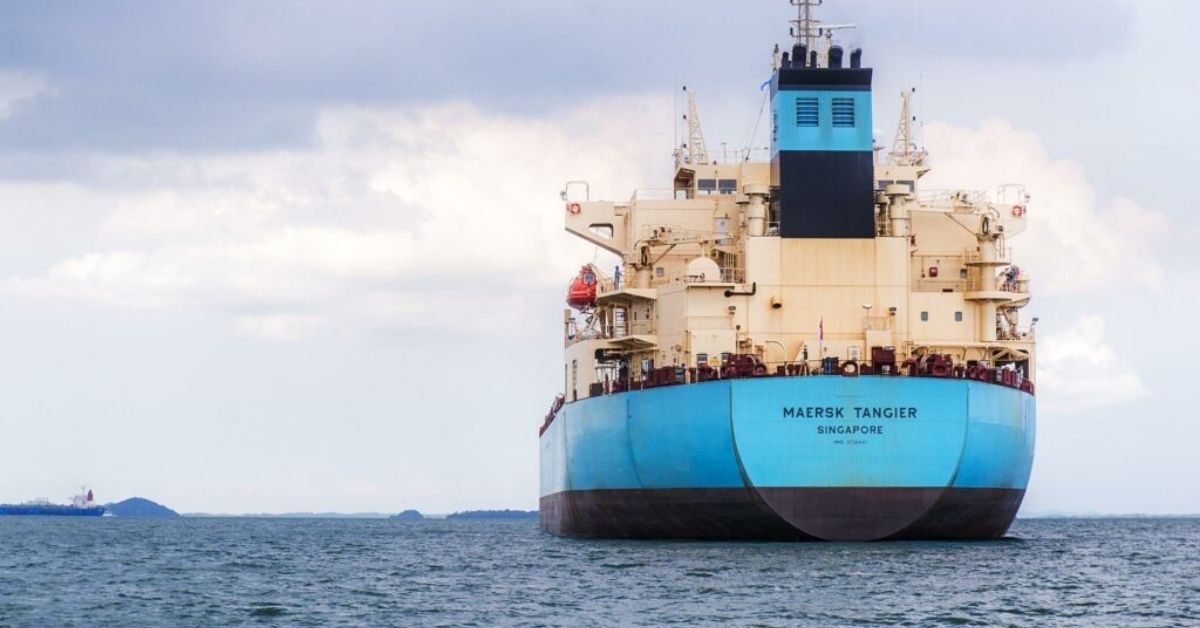In one of the highest-profile tests of biofuels, bp and Maersk Tankers, with support from the Danish Maritime Authority, successfully completed trials using biofuel-blended marine fuel in product tankers. They reported that it demonstrates that sustainable biofuels can be used as a marine ‘drop-in fuel’ to help reduce carbon emissions in shipping.
The trials were completed using two product tankers on time-charter to bp from Maersk Tankers. The ships were the four-year-old Maersk Cirrus, a 39,999 dwt tanker, and the five-year-old Maersk Navigator, a 45,999 dwt tanker. Each vessel was supplied with bp Marine B30 biofuel, consisting of 30 percent fatty acid methyl esters (FAME) blended with very low sulfur fuel oil (VLSFO). According to bp, FAME is a renewable alternative biofuel largely produced from recycled cooking oils and renewable oil sources. It has physical properties similar to conventional diesel and is also non-toxic and biodegradable. The origination and production of the feedstocks used to produce FAME is certified for its sustainability to internationally recognized standards.
The trials saw the vessels sail from Rotterdam to West Africa. Throughout the trials, tests were carried out to assess the reliability and performance of the B30 biofuel blend in each ship’s main engine, auxiliary engine, and boiler, and any impact on fuel tanks to determine the level of interchangeability with other fuel types.
They reported observing no adverse effects on equipment or machinery during or after the trials. No modifications to the engine or infrastructure were required, they said demonstrating the suitability of sustainable biofuels for use as a ‘drop-in fuel’.
bp is working with companies in key industrial sectors that have significant carbon emissions to manage, supporting their work to decarbonize. Based on the outcome of the recent trials, bp aims to regularly supply biofuel blends for their operated and time-charter vessels when they refuel in the Netherlands, subject to owners and flag-state approval. This is part of its ongoing efforts to help decarbonize the shipping industry.
Maersk Tankers says for its part it is developing and deploying solutions that help shipowners boost the economic and environmental performance of their vessels. Through its pools and industry-wide collaboration, the company is working in partnerships to contribute to a more sustainable future for the industry.
Source : Maritime Executive







